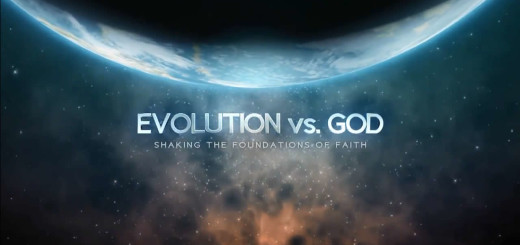Light of Faith or Reason? Truly religious mind is free of belief

By Shuvendu Patnaik,in Speaking Tree in TOI Edit Page, November 1, 2018
Noie: Both belief and knowledge(reason) are received from the past, imbibed with our mother’s milk unquestioningly. We all have to live in the present, not in the past, using the light readily available here and now. That is the light of reason. Otherwise we all would be groping the dark, in blind beliefs, not a thing to be proud of, for those who claim to be children of light.
So one advise I give to my children and friends is: “Listen with docility to all motor mouths, and compare what they say to what they do. If there is no identity or even similarity between the two just ignore them.”
What is a scientific mind? It is one that is constantly enquiring to live up-to-date with the ever changing realities and surroundings, because change alone – for the better or worse — is unchanging reality of life. There is also truth in the saying: “Old is gold”. It refers to the wisdom of the ages, those perennial truths contained in knowledge from the past and all belief systems.
So the statement “knowledge belongs to the past and the past is a calcification of the truth and no longer the truth”, need not be true. This applies to all religious beliefs. Both faith and reason have their limitations. So it is not a question of ‘either or’ but ‘both and’.
In spite of the fact that mind is constantly active, it never wears away being a spiritual faculty, but our brains do as they get too old and inactive. Hence also the axim: “Wear out, but never rust out!” So we all must try to live in the present to be relevant and meaningful.
One sure way to achieve this is to engage in conversations and discussions going on in internet portals like CCV and the print media. That is why journalists are said to be on top of the world. james kottoor, editor ccv.
Please read below the article in the Speaking Tree
A truly religious mind is much more than an ordinary scientific mind. It is a deeply scientific mind that is constantly enquiring and discovering… not ensnared by established theories, formulae, dogmas or beliefs, whether they are scientific or theological in nature.
It is a mind that is extraordinarily passionate, constantly questioning. It is a mind that can go beyond thought and discover the truth and after discovering, it moves on to discover more. Such a mind is a truly religious mind. It is a free and passionate mind.
Only a free mind can be a scientific mind and such a mind is also a religious mind. It is free and being free it is incapable of accumulating knowledge and beliefs. It refuses to accumulate knowledge because knowledge belongs to the past and the past is a calcification of the truth and no longer the truth. A calcified truth becomes a belief and therefore false. Truth can only be the living present and this is what many of us fail to see.
How can we develop such a mind? How can we develop a type of mind that is forever young and learning? How can we develop a mind that never cares for beliefs and is able to discover itself new every moment? What are the teachings for developing such a mind?
…Compartments can only contain stagnated air, and J Krishnamurti’s teachings are never stagnant. Let us begin with thinking and thought. Thoughts play an important role in our lives. We are governed by what we think and how we think. Our actions are a result of our thought. Knowledge and experience are also a result of our thought and an accumulation of inferences drawn from our thoughts. Beliefs are created by thought too and they occupy our minds. Living has a lot to do with thinking. To learn the art of living we need to understand the nature of thought and how it influences the mind.
Krishnamurti has dealt extensively with the nature and quality of the human mind and thoughts. There are two things about thought and thinking that we can learn from Krishnamurti. First, the mind is always occupied with thought. Second, thought is constantly wearing away our minds. Do we know this?
“Thought is the response of the past in conjunction with the present; that is, thought is experience responding to challenges, which is reaction. There is no thought if there is no reaction. Response is the past background – you respond as a Buddhist, a Christian, according to the left or right. That is the background and that is the constant response to challenge – and that response of the past to the present is called thinking. There is never a moment when thought is not. Have you noticed that your mind is incessantly occupied with something? It is constantly occupied; and what happens to your mind, what happens to any machinery that is in constant use? It wears away.”
The mind is never idle. It is always preoccupied with some thought and the thought keeps changing… What may perhaps come as a surprise is that thought wears away the mind. Abridged from Part 2 of ‘The Trail to Enlightenment, Life & Teachings of Jiddu Krishnamurti’ in three volumes – Part 1: The Hidden Side of Life, Part 2: The Great Coming, Part 3: The Key to Super Consciousness (ProLibris Publishing Media) (Views expressed above are the author's own.)
















